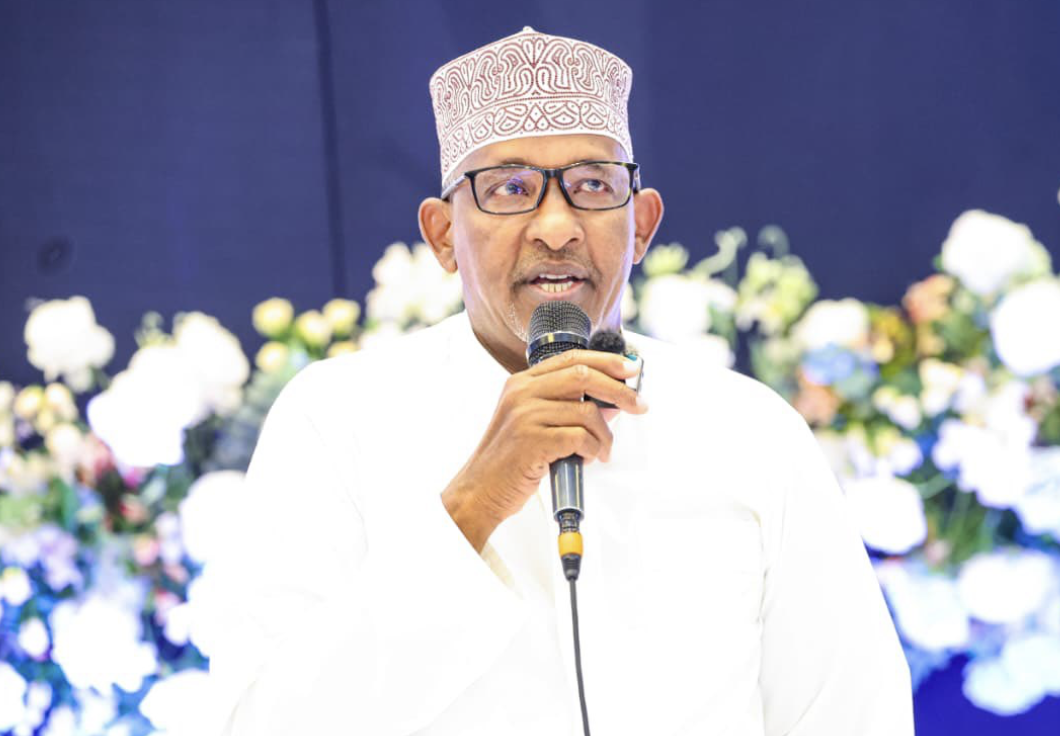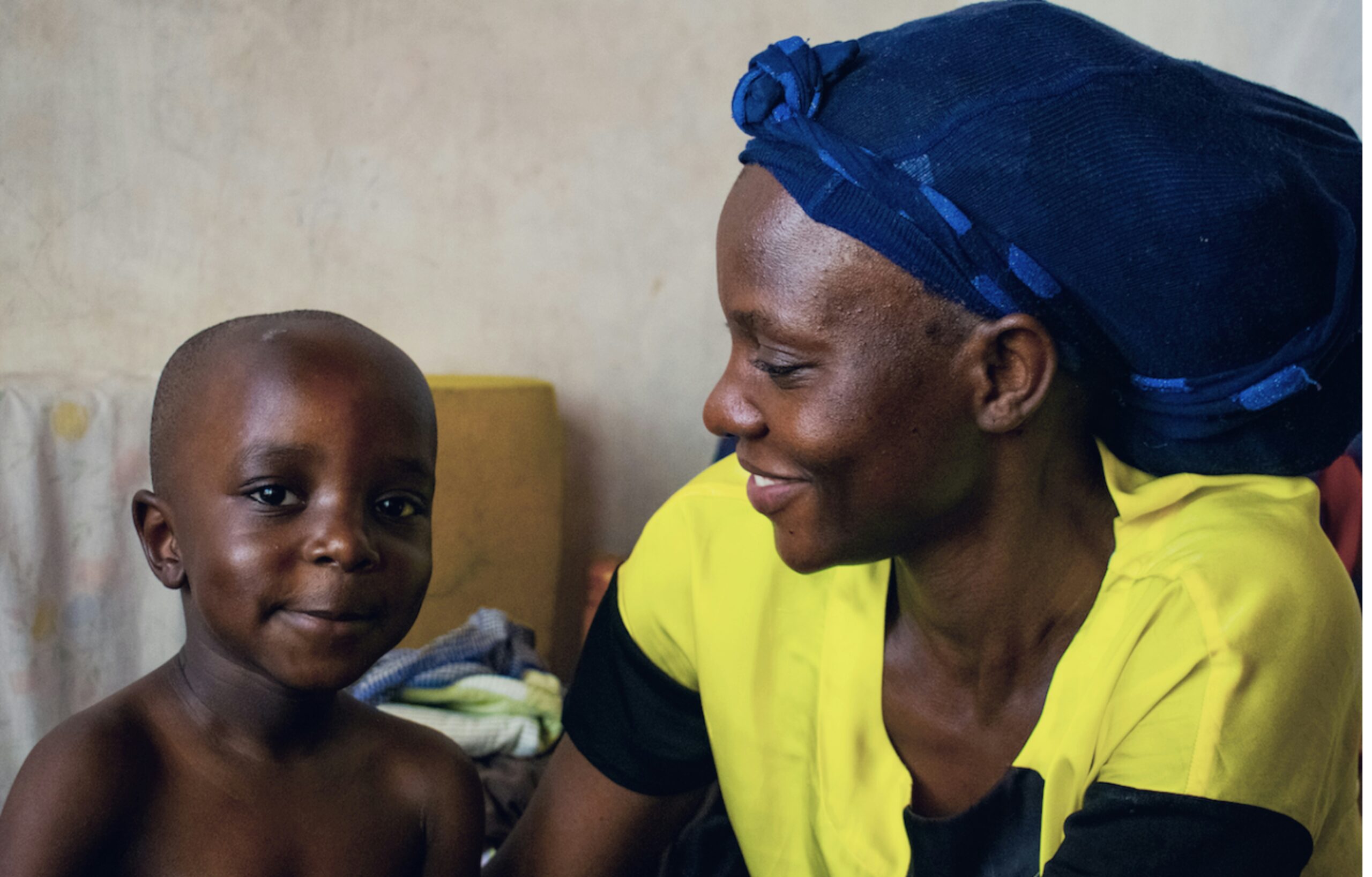Kenya will generate Sh90 billion yearly through the Social Health Authority to fund Universal Health Coverage, reducing reliance on loans. The government has also leased Sh200 billion worth of medical equipment and mobilized Sh300 billion for healthcare upgrades to improve access and quality.
Kenya is set to generate approximately Sh90 billion annually through the Social Health Authority (SHA) to fund its Universal Health Coverage (UHC), marking a shift towards self-reliance in healthcare financing and reducing dependence on external borrowing. This locally mobilized funding model ensures that all Kenyans contribute fairly while gaining equal access to health services.
In addition to SHA-generated funds, the government has secured over Sh200 billion worth of medical equipment through a leasing arrangement, allowing hospitals to access and use modern technology without large upfront costs. Hospitals will pay for the equipment via service agreements, ensuring consistent delivery of quality care. Furthermore, the government has mobilized an additional Sh300 billion through intellectual and institutional planning aimed at strengthening healthcare delivery by upgrading hospital infrastructure and technology.
These combined investments underpin Kenya’s UHC strategy, focusing on expanding hospital capacity, improving service quality, and bringing healthcare closer to communities across counties. By relying on internal resources and innovative financing mechanisms such as SHA funding and equipment leasing, Kenya aims to reduce its reliance on loans and foreign aid, fostering a more sustainable and efficient healthcare system. These reforms reflect the government’s broader commitment to making healthcare accessible, affordable, and effective for all citizens, supporting a future of comprehensive and resilient health services nationwide.



